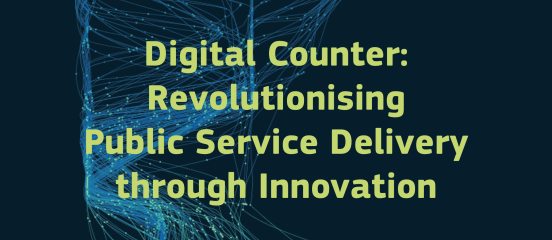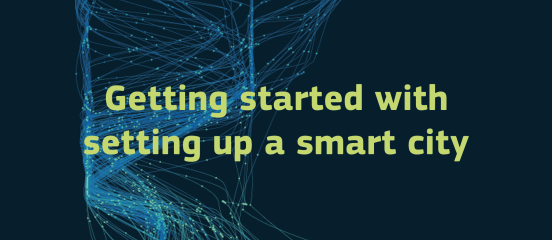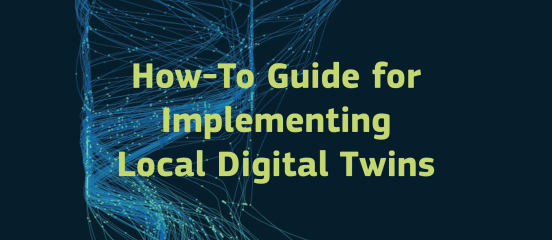Peer-learning policy briefs are a new initiative carried out by the Interoperable Europe Academy aimed at fostering the improvement of digital government policy implementation instruments through exchange of experience, innovative approaches, and capacity building.
The goal is to provide information on a series of solutions and how these help solving some of the challenges encountered by local, regional and national public administrations, identifying and emphasising transferable aspects. This, to foster learning from good practice examples and supporting the re-use of solutions between Member States' public administrations.
Below, you can explore our published policy briefs.
The Policy Briefs

Digital Counter - Revolutionising Public Service Delivery Through Innovation
This policy brief focuses on Digitale Balie, a digital service counter solution developed during the

Getting started with setting up a smart city
This policy brief provides a practical roadmap for local governments in less digitally advanced

How-To Guide for Implementing Local Digital Twins
This document provides practical, step-by-step guidance for city officials, digital leads, and urban

EMi - A Digital Solution for Employment Services Transformation
This document explores EMi, an innovative digital solution developed by Emprego Galicia (Public
And more to come...

Why should experts get involved?

Help other public administrations solve their daily challenges and enhance their operational efficiency
Gain recognition from the Interoperable Europe Academy’s stakeholders for their expertise in interoperability and digital government
Contribute to the achievement of the future Interoperable Europe Agenda and the practical implementation of the Interoperable Europe Act
Network and exchange with other digital government and interoperability experts in the EU beyond the publication of the policy briefs
How should experts get involved?
If you want to collaborate, reach out via email to iop-academy@ec.europa.eu!

